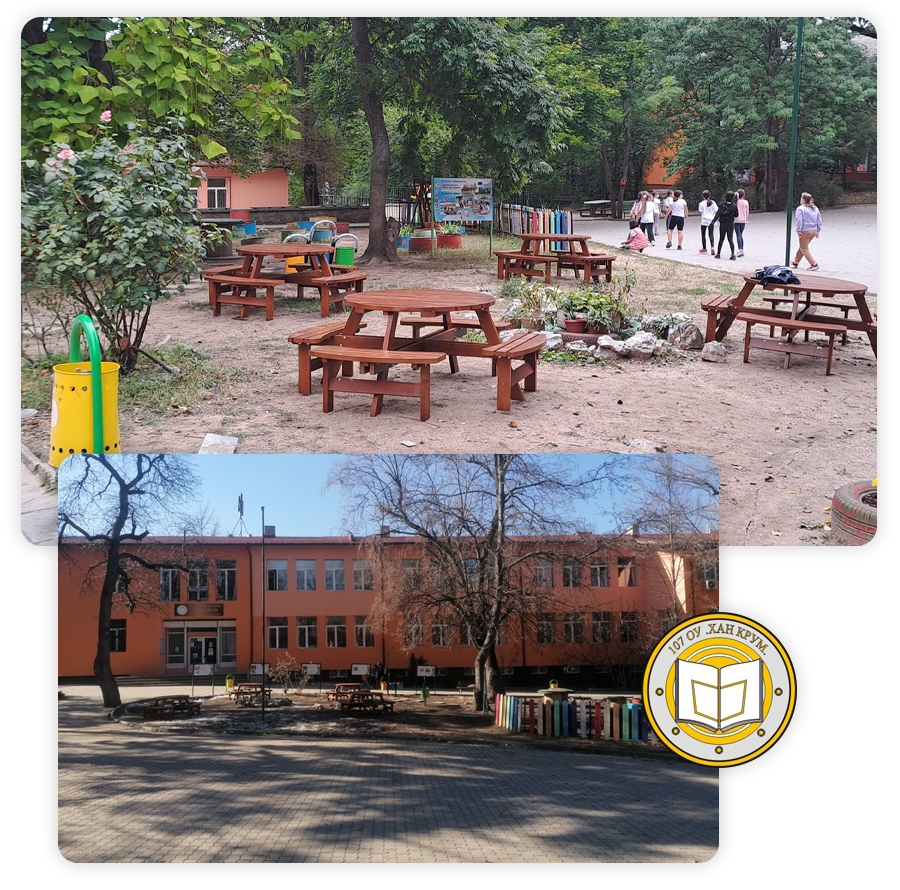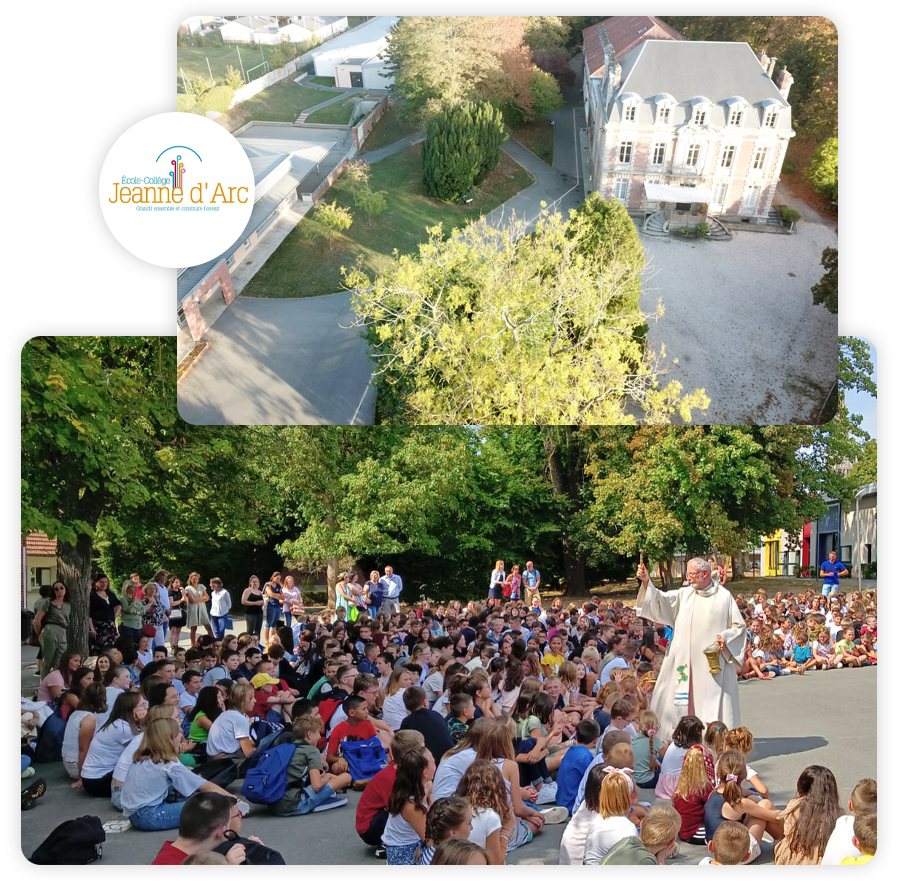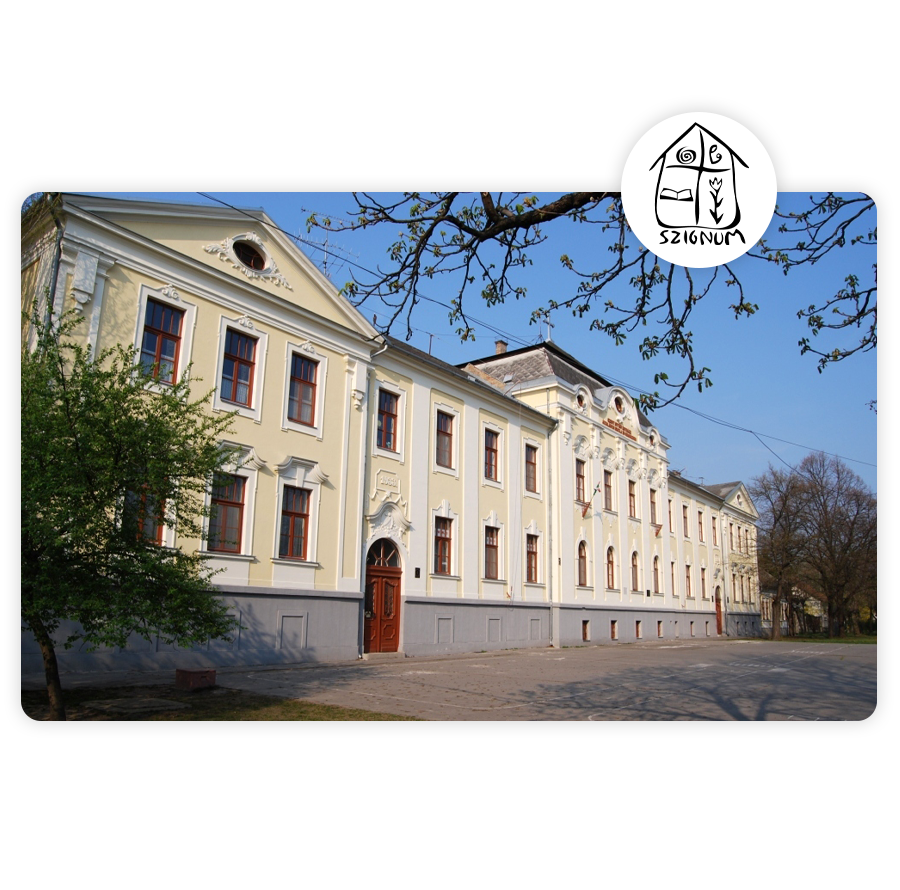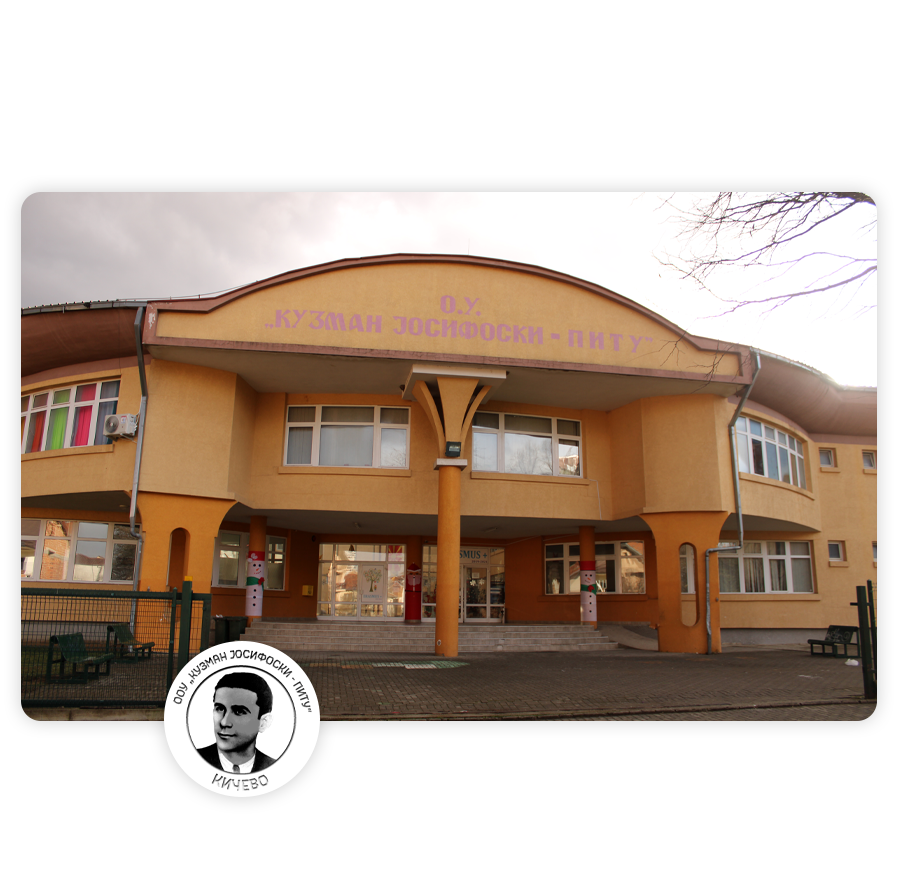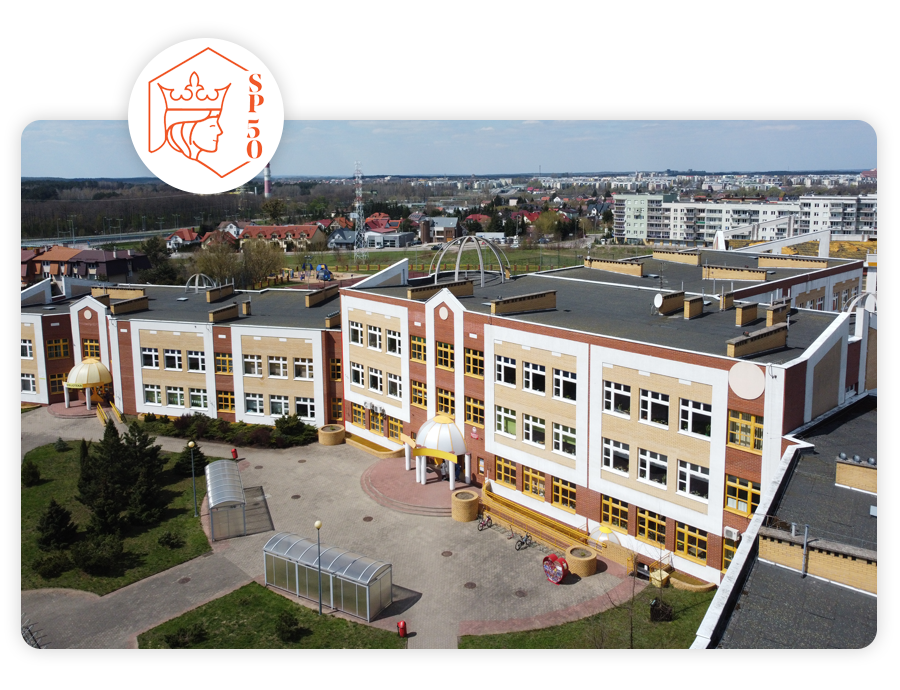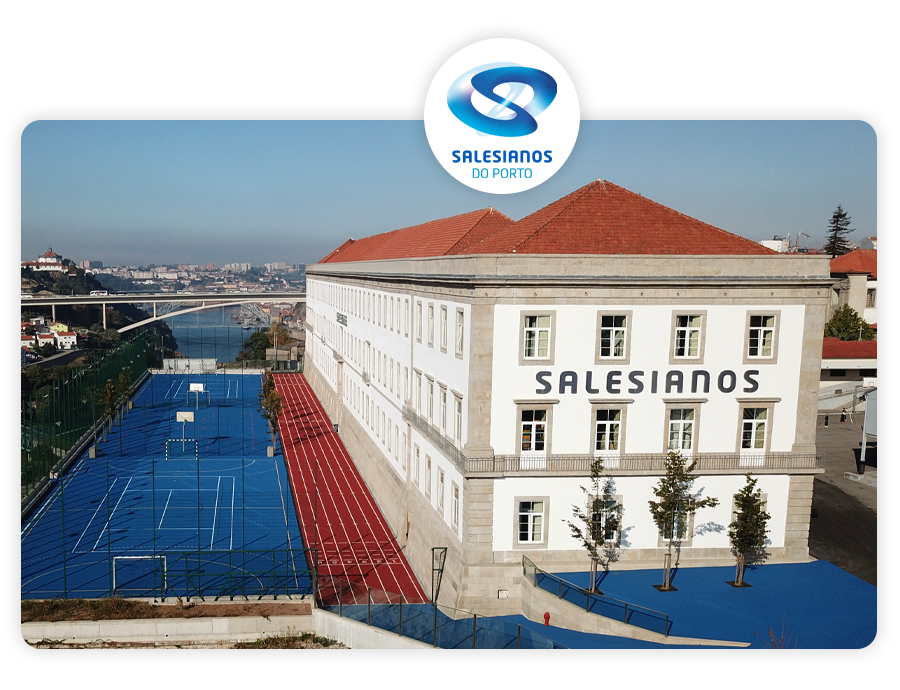Sofia, Bulgaria
107 Primary school "Khan Krum"
The school was founded in 1934. It had only two classrooms and a room for kindergarten.
Its first flag was a horse tail like the first ancient Bulgarian flags.
In the next years the number of students and the number of classes grew up and when the school moved to its new building in 1958, it had 26 classes with 948 students.
Nowadays there are 27 classes with 698 students and 65 teachers. We organize additional Math classes for students with expressed interests in mathematics. The program for these classes is developed by a team which includes teachers from our school, from the National High School of National Sciences and Mathematics and lecturers from the Faculty of Mathematics and Informatics.
We are proud that this year our school is celebrating its 90th anniversary. Many famous people have been part of our school. Also many teachers of the team were students here.
107 primary school Khan Krum has been in top 3 best primary schools in Bulgaria for the last 3 years.
